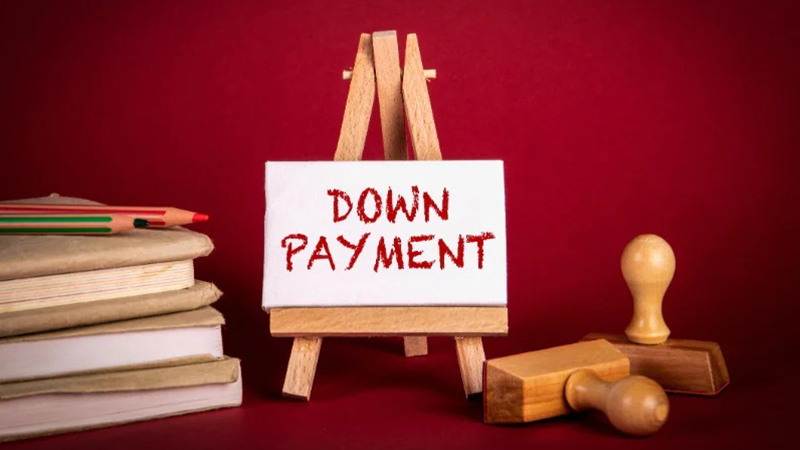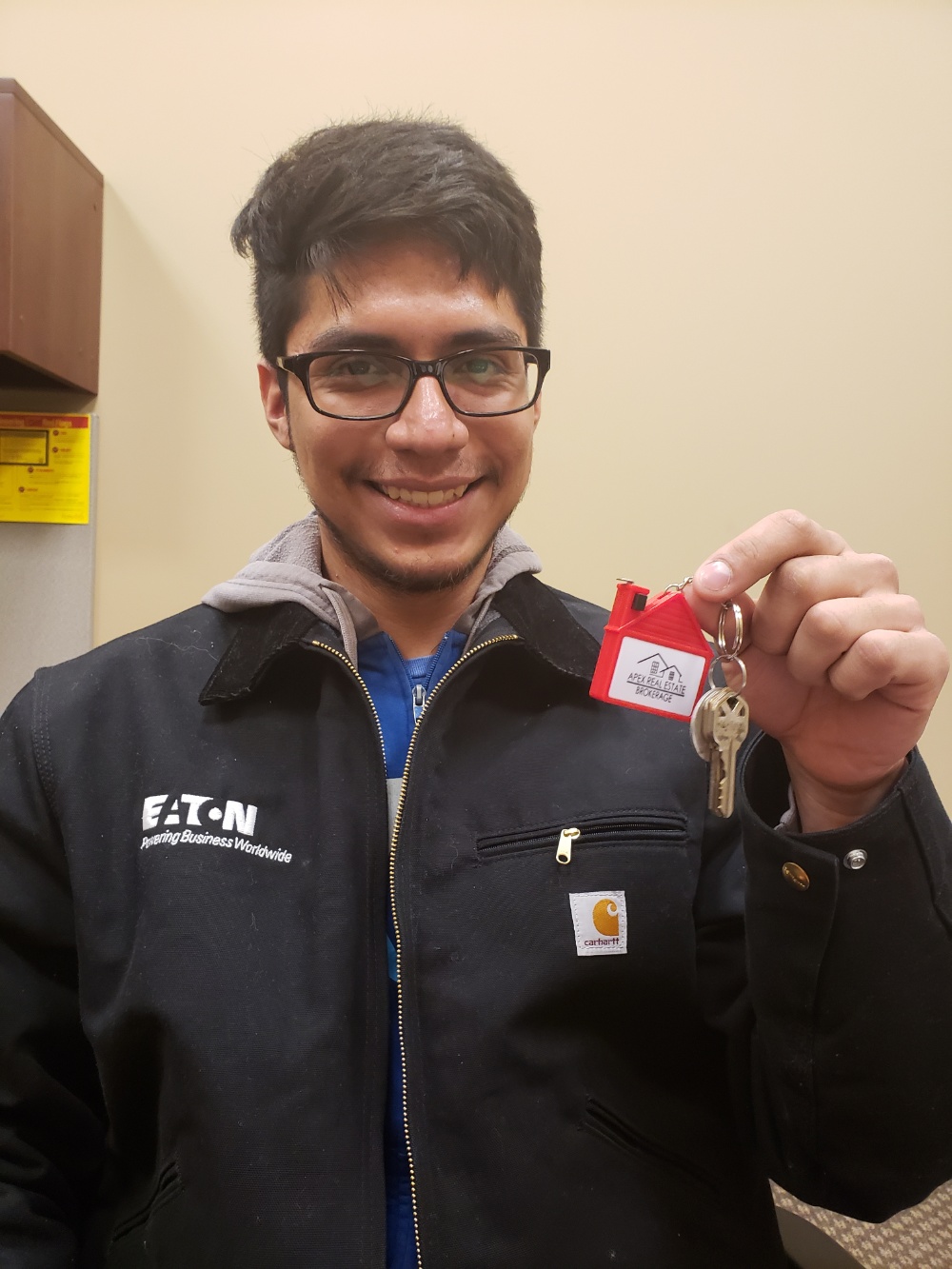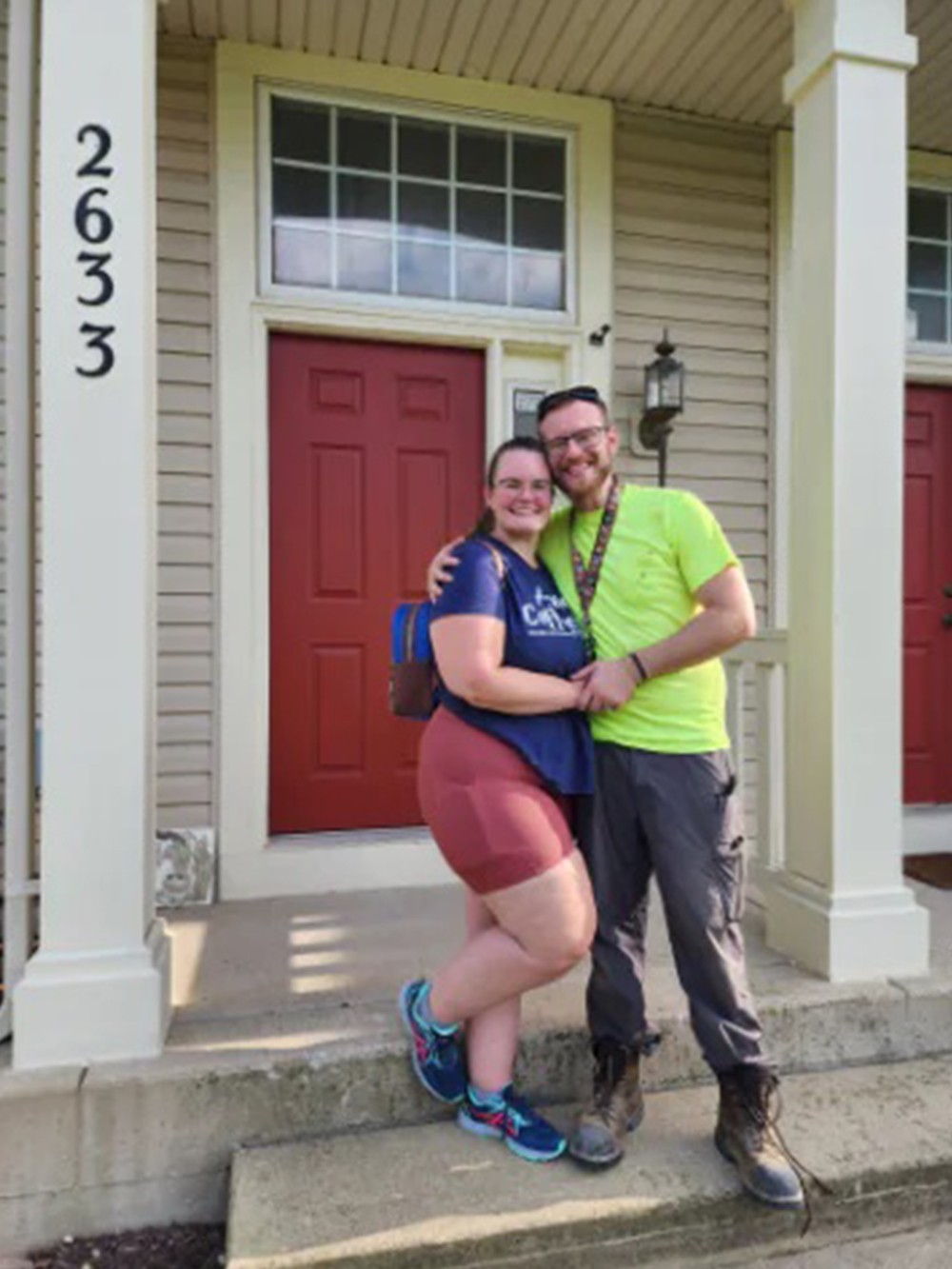
Down Payment Assistance (DPA) programs can be a valuable resource for homebuyers, especially those who may have difficulty saving for a substantial down payment.
Here are some important things to know about getting down payment assistance:
- Eligibility Requirements: DPA programs typically have specific eligibility criteria. These criteria can vary by program but may include factors such as income limits, credit score requirements, and the location of the property you intend to purchase. It’s essential to review and understand these requirements before applying.
- Types of Assistance: DPA programs come in various forms, including grants, forgivable loans, and low-interest loans. Grants do not require repayment, while forgivable loans are forgiven after a certain period of time. Low-interest loans typically have favorable terms but do require repayment.
- Application Process: To access DPA, you’ll need to apply through the program or organization offering assistance. This may involve submitting financial documentation, such as income verification and credit reports, to demonstrate your eligibility.
- Availability: DPA programs are often funded by federal, state, or local government agencies, as well as nonprofit organizations and private entities. Availability and funding levels can change over time, so it’s essential to check for currently active programs in your area.
- Property Type: DPA programs may have restrictions on the type of property you can purchase or the area this property is located in. Some programs may only support the purchase of primary residences, while others may extend assistance to investment properties or vacation homes.
- Use Restrictions: Some DPA programs may impose restrictions on the use of the property. For example, you may be required to live in the home for a certain period to fulfill the program’s terms.
- Repayment Terms: If the DPA is in the form of a loan, understand the terms of repayment. Some loans may be interest-free and only need to be repaid if you sell the property or refinance, while others may require regular payments.
- Homebuyer Education: Some DPA programs may require completion of homebuyer education courses or counseling as a condition of assistance. These courses can provide valuable information on homeownership and financial management.
- Timing: DPA programs may have specific timeframes for when you can apply, so be sure to plan accordingly when considering your home purchase.
- Tax Implications: The financial assistance you receive through DPA may have tax implications. Consult with a tax professional to understand any potential tax consequences.
It’s essential to research and compare different DPA programs to find one that aligns with your financial situation and home buying goals. Additionally, working with a knowledgeable mortgage lender or Realtor can help you navigate the process and identify the most suitable DPA program for your needs.
Clients I’ve helped achieve a DREAM of Homeownership using DPA (Down Payment Assistance)


Moreno Family bought a home in Aurora, IL, using $7,500 Down Payment Assistance


Courtney and Alex bought a townhome in Plainfield, IL, using $6,000 Down Payment Assistance
WANT TO BUY A HOME and NEED DOWN PAYMENT ASSISTANCE?
CONTACT ME – please provide details which town or county you are looking to buy in?

DID YOU KNOW that in Illinois you are considered a First time home buyer if you haven’t owned a home in the last 3 consecutive years? Many clients I meet are under the impression that a 1st time home buyer is when one has never owned a home – that’s not correct in Illinois. I’ve built my business helping 1st time home buyers achieve the dream of homeownership through purchasing 1st home using down payment assistance. CALL ME – I stay on top of my research for current programs.
